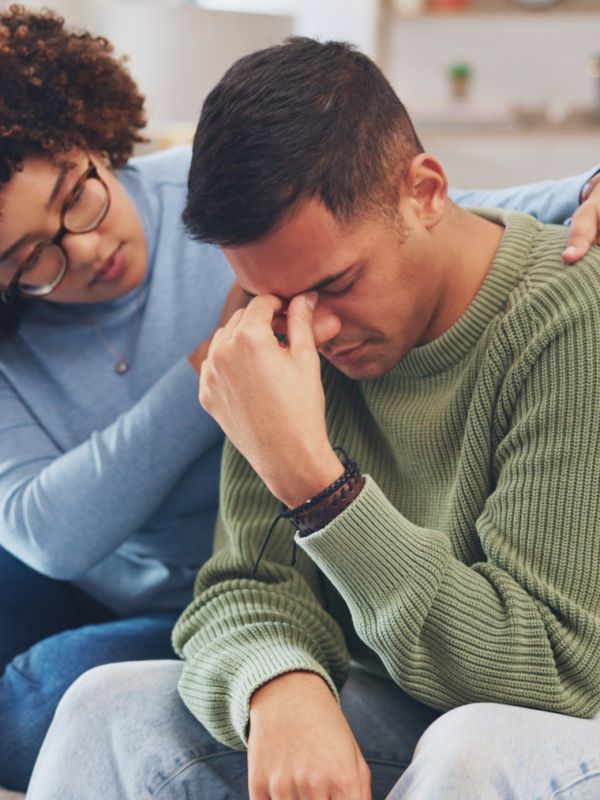Understanding Victims of DV
If you know a loved one is in an abusive or unsafe relationship, you may be asking yourself “Why won’t they just leave?”
While there is no straightforward answer, it is known that abusive relationships involve several complex feelings and fears that might make it difficult for someone to feel confident enough to leave. Consider that your loved one may be grappling with the following:
- Fear that the abusive behavior they’ve endured will escalate and become fatal if they try to leave.
- Not having a steady support system of friends and family that they can rely on.
- Becoming a single parent and/or having less (or no) income to survive off of.
- Experiencing a whiplash of good and bad treatment from their partner, giving them false hope.
- Unable to access information that will bring them safety and support.


Ways to Offer Support
-
Become a Resource
Let your loved one use your phone so they can call a hotline, offering them a place to make that call or stay afterward, and ask them how you can help.
-
Verbalize Your Concern
Let them know that you care about their well-being. It’s good to remind them that they’re not alone and that you will support them whenever they feel ready.
-
Believe Their Story
If a loved one approaches you to ask for help or to tell you what they’ve been experiencing, give them a supportive response and let them know you believe them. This will not only make them become more comfortable with confiding in you but might also help them feel confident in using other resources in the future.
-
Don’t Cast Blame
No matter the circumstance, it’s easy for victims of DV to feel like they are at fault for what they are experiencing. Avoid making judgment statements, and let them know they are not responsible for the situation. This can help your loved one feel less isolated, ashamed, and guilty over time.
-
Trust Their DecisionsVictims of DV can often feel powerless and may react poorly to someone trying to force them to make a decision, even if it’s for their own benefit. Instead, offer options and encourage whatever choice they make so they may build confidence in taking action in the future.
-
Do NOT Confront the Abuser
Confronting your loved one’s abuser may not only put them in more danger but also make it more difficult for you to be able to help them in the future. Avoid sending your loved one messages about their abuse that can get them in trouble with their partner (for example: e-mails, texts, or voice messages).
